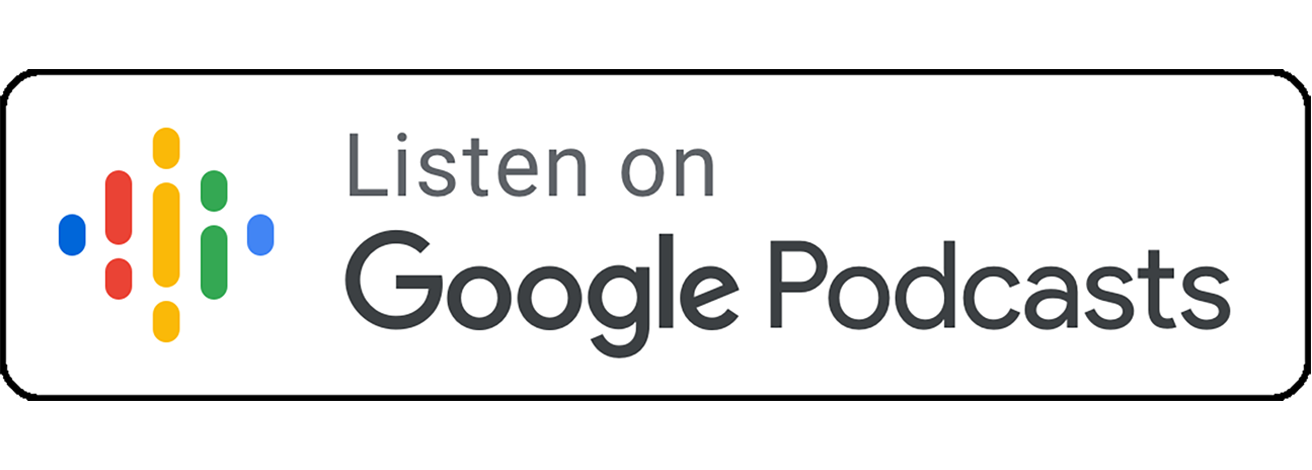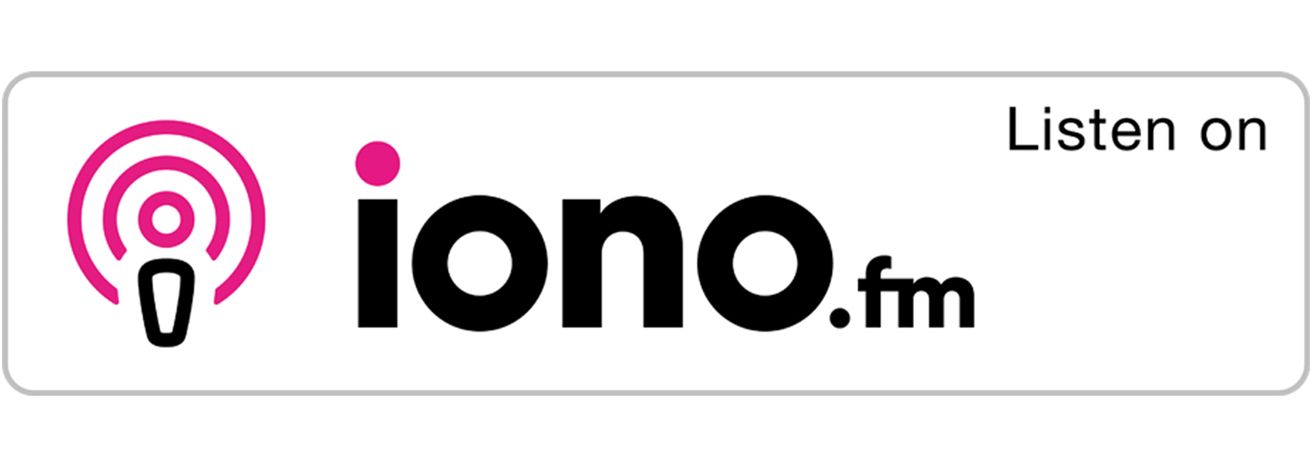Get Focus insights straight to your inbox
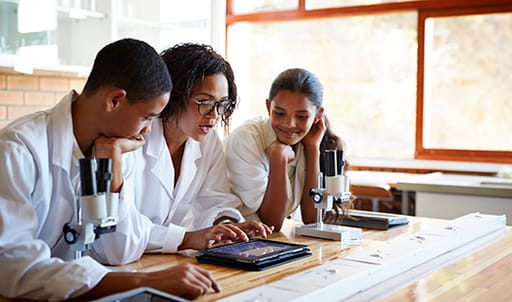
Professor Andrew Crouch, vice-chancellor of the Sol Plaatje University in the Northern Cape, believes that the Coronavirus has shown the stark reality between the haves and the have nots in South Africa, and especially in education. But it has also presented the country with an opportunity for a digital revolution, provided there is political will and investment into online resources by the government.
Prof. Crouch believes that there are options for bringing e-learning to all schools across the country and that the technology for doing so already exists in South Africa.
“I was at an e-learning conference and was impressed by the story of how Ethiopia developed a Kindle-type device for children in mountainous areas. Learning content is delivered to the devices utilising low-flying satellites. The government there also parachuted in containers with solar panels connected to batteries where children can go to recharge their devices.
"We already have this technology in South Africa that could do this, like SUNSAT (Stellenbosch University Satellite). We have launched a microsatellite, it could cover the whole country and solve the problem of connectivity.”
Digital learning has benefits for South Africa
The Department of Basic Education spokesperson, Elijah Mhlanga said that there had been an increase in the amount of parents opting into online learning programmes in the country.
The department has been proactive in providing online resources for parents and learners through packaged educational material online and through radio and television.
“The advantage of this is that learning and teaching continues outside the classroom and where it is done correctly it has massive benefits. It is an important intervention that should be kept in place.”
The disadvantage, he says, is that of connectivity, especially if learners do not have access to the gadgets that are needed for lessons.
“It is feasible for online learning platforms to be permanently incorporated into teaching methods in public schools in South Africa and the telecommunications sector is coming on board to support the government in this regard.”
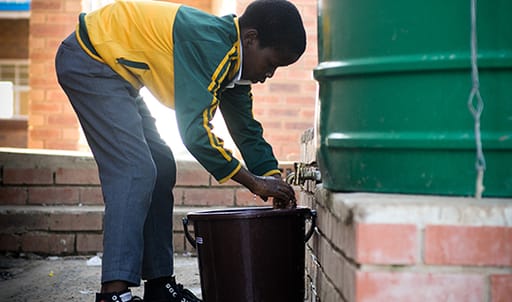
Covid-19 brings unequal education into stark relief
At Kharivha Primary School in Limpopo, prior to the lockdown, teachers and pupils were sharing two pit toilets. There was no running water. It wasn’t until NGO, SECTION27, stepped in that Kharivha received a 5,000 litre water tank and four mobile toilets, just in time for pupils and staff to return to school after lockdown. For this school, a step forward, thanks in part to Covid-19. But this after several months of no learning; several steps back.
Unfortunately, Kharivha is by no means the only school where a lack of resources – particularly the tools and connectivity required for online schooling – brought learning to a complete halt during the nation-wide lockdown.
South Africa’s basic education system was already in poor shape prior to the lockdown. Amnesty International’s report on schools in South Africa, released in February this year, painted a bleak picture of schooling in the country, saying that many schools and the communities they serve, continue to live with the consequences of the political and economic decisions made during the Apartheid era. For many, the three decades since the end of Apartheid have brought little change. Covid-19 has thrown these failings into stark relief.
“The result is that a child’s experience of education in South Africa still very much depends on where they are born, how wealthy they are, and the colour of their skin.” - Amnesty International
Online learning proves to be a saviour for many schools
But for all the doom and gloom, there are many examples of schools that have embraced digital learning and have benefitted from additional e-learning resources provided by the government and private companies, ensuring that lessons have continued.
Vodacom has reported that registration for its free e-learning platform has surged since schools closed for lockdown: from an average of 40,000 student events per day to a peak of almost 150,000. Vodacom’s E-School provides educational content for learners in grades R to 12 in all 11 official South African languages.
READ MORE: GWF educating rural communities through digital learning
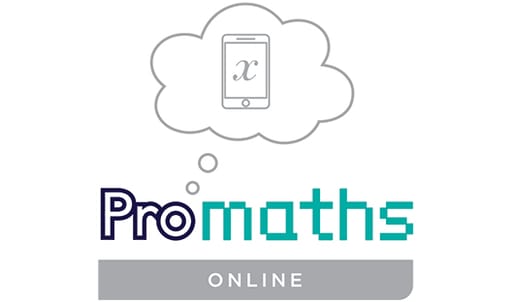
Don't let a crisis go to waste
For some, Coronavirus provided the impetus to translate discussions about digital learning into action. One example was Investec’s Promaths programme, which provides extra maths and science lessons to thousands of underprivileged children.
To ensure continuity of tuition, an online version was piloted in June. In partnership with Kutlwanong and Tuta-Me, Promaths Online delivers virtual lessons to current learners, at no cost to them. Investec is carrying the cost of data usage through a reverse billing arrangement with the major network providers. Current matrics were the first to be on-boarded, followed by Grade 10 and 11 learners, in a phased approach.
Listen to Setlogane Manchidi (Investec) and Phemelo Segoe (Mobi-Tuta) on Classic FM
Promaths goes digital
"Investec's Promath is a standout education programme, during very difficult times," says Michael Avery of Classic Business. Find out how the programme has managed to adapt to Covid-19 by going digital.
Subscribe to Investec Focus Radio SA
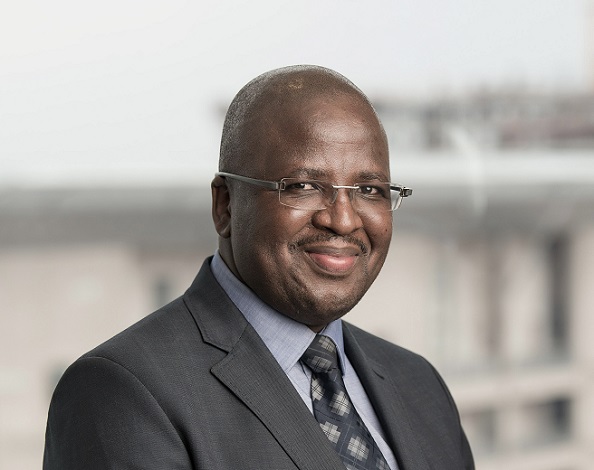
Covid-19 presented the perfect opportunity to scale Promaths for the benefit of many who need it. This new online offering now represents hope for children at a time when they need it most.
Watch Setlogane in conversation with Samm Marshall of Social TV-Newscast
With full appreciation that passing maths and science is not enough for one to pass a grade, Investec and its partners will be extending support to cover all other subjects through the Mobi-Tuta platform. “Promaths is 15 years old, and this online offering is a significant milestone in the programme's history,” said Manchidi. So far some 2,000 students have received Promaths online.
Promaths students are far from the only children who’re benefitting from online, distance learning. Several private schools have been developing online lessons for years, and Covid-19 gave them the opportunity to implement.
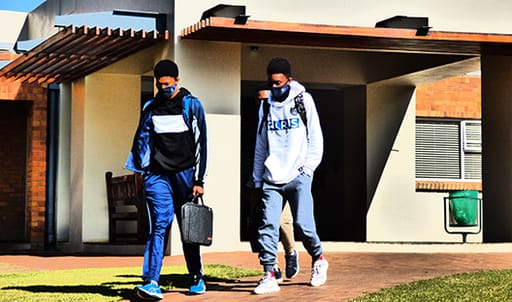
Private schools continued teaching despite lockdown
St Albans College in Pretoria had already started looking at the option of online learning two years ago. Now every pupil has access to wifi and a device on which to work. They are able to have one-on-one interactions between teachers and pupils, or group lessons. The school counts itself very privileged that pupils have not lost any academic time this year.
“In a sense we never closed. We are fortunate that we work off Google. When the President announced that schools would physically close, we switched to Google and all students went online with teachers,” says headmaster, Shane Kidwell.
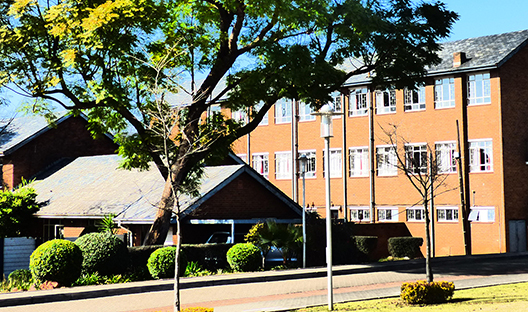
While online learning has been revolutionary, Kidwell believes that an online-only environment is not good for social and emotional development and that learning is not only about academics but relationships and social skills as well.
In an effort to make a difference to the lives of those less fortunate, the school has partnered with a low-cost school in Garankuwa. Staff and pupils meet regularly throughout the school year and share their online resources.
Kidwell hopes that the COVID-19 crisis will provide the impetus for schools to start sharing resources more, especially in an online space.
While there are huge barriers to overcome in education in South Africa the Covid-19 epidemic has proved that in times of crisis it is essential to adapt to new ways of doing things and has forced the faster evolution of education in the country. Online learning does offer an opportunity for a more equitable education system as long as the poor and marginalised are not left by the wayside.
* Statistics from the National Education Infrastructure Management System (NEIMS) as at March 2018


